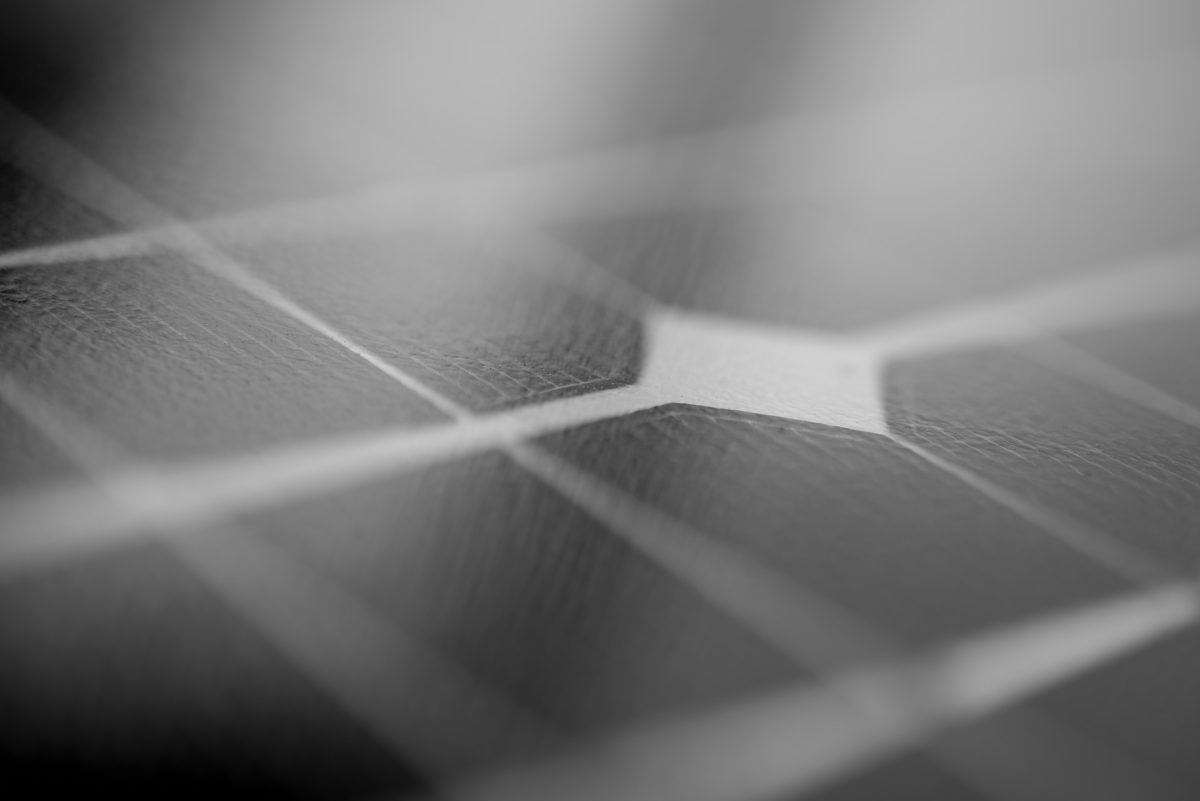“We found that the intrinsic lattice defects of Gd2O3 nanoparticles (irregular cations with impaired oxygen coordination) can absorb UV radiation and transfer excitation energy to luminescent in the visible spectrum REE [rare earth elements] ions effectively,” said researchers from Russia’s Ural Federal University in a new report.
The authors of the report claim that gadolinium oxide (Gd2O3) nanoparticles can lower nonradiative losses and increase the overall efficiency of UV radiation conversion. Gd2O3 nanoparticles, which are also commonly used as UV detectors, while enabling the creation of a new channel for the conversion of solar radiation, which is characterized by increased quantum efficiency, they said. Gd2O3 nanoparticles have a range of potential applications in PV devices, primarily due to their low phonon energy, good thermal stability, and chemical durability.
The researchers also affirmed, according to preliminary data, that the introduction of small additions of rare-earth ions into the structure of photonic nanoparticles could help to increase the efficiency of industrial solar cells to 25–30%.
Popular content
“Some experiments suggest that, theoretically, this indicator can be even bigger, however, this requires additional detailed study,” the researchers wrote.
Gadolinium oxide is one of the most commonly available forms of the rare-earth element gadolinium. Its nanoparticles are often used as contrast agents for magnetic resonance imaging (MRI), and are very important as nuclear, electronic, laser, optical, catalyst and phosphor materials. They can also be used as additives, catalysts and dopants in cathode-ray tubes and field emission displays, as well as scintillators and sintering aids, or to produce solid oxide fuel cells.
This content is protected by copyright and may not be reused. If you want to cooperate with us and would like to reuse some of our content, please contact: editors@pv-magazine.com.



By submitting this form you agree to pv magazine using your data for the purposes of publishing your comment.
Your personal data will only be disclosed or otherwise transmitted to third parties for the purposes of spam filtering or if this is necessary for technical maintenance of the website. Any other transfer to third parties will not take place unless this is justified on the basis of applicable data protection regulations or if pv magazine is legally obliged to do so.
You may revoke this consent at any time with effect for the future, in which case your personal data will be deleted immediately. Otherwise, your data will be deleted if pv magazine has processed your request or the purpose of data storage is fulfilled.
Further information on data privacy can be found in our Data Protection Policy.